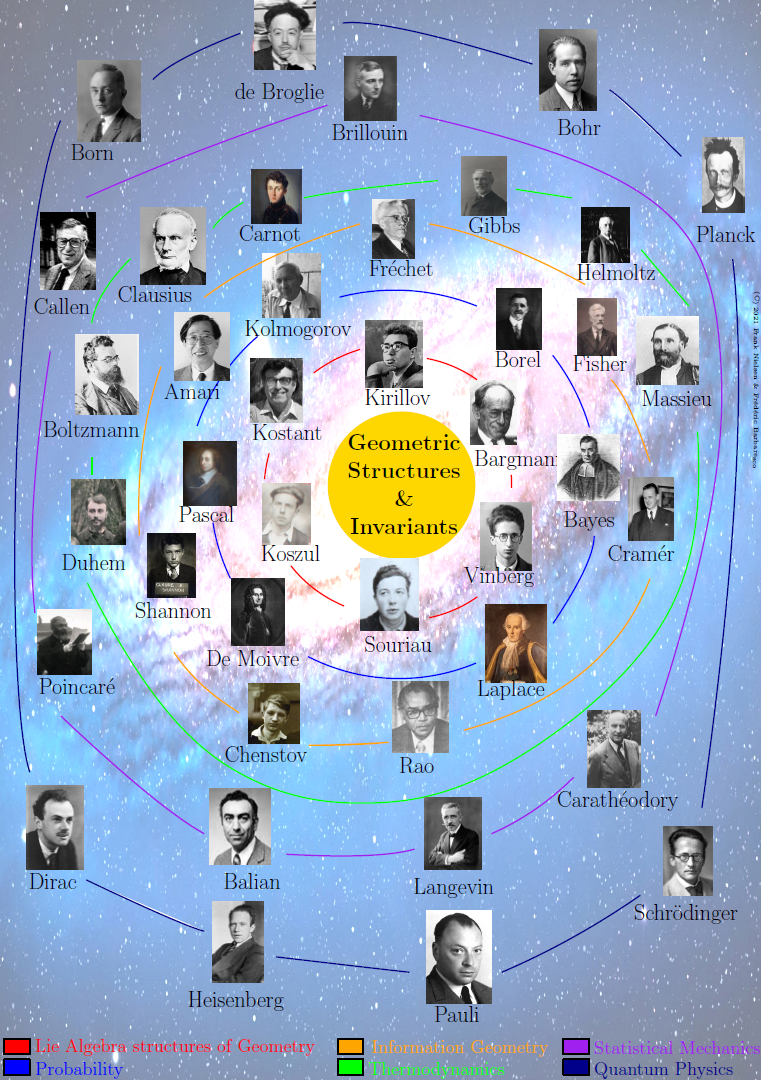TL;DR -- Let's spend some time using the Nobel prize to track the history of advances in science. After all, people do the science. And, some factors related to people come out of genealogical and historical (cultural) studies.
--
We have paid more attention to the Nobel prizes this year than ever before. This might become a habit since the 2024 prizes referenced, indirectly, the bugaboo of the modern world, AIn't. The Physics Prize was for machine learning; the Chemistry Prize was for protein modeling. In looking at the Nobel material, it seemed obvious that the material presented about the work of het honoree was remarkable. We can follow the prize over the year to obtain material for analysis.
As an aside, we mentioned a Balch descendant who was a Peace Prize honoree: Emily Greene Balch. But, we need to get more particular.
Looking at Physics, first, the inception of the prize was in 1901: Wilhelm Conrad Röntgen. Here is the link to the Award Ceremony Speech. There are many years to cover.
With the 2024 Prizes for Physics and Chemistry dealing with computational approaches which is our technology interest, we have a natural categorical framework with which to start. We will not do a linear search but will follow some interesting parallels. For instance, the 1918 Prize for Physics went to Planck for his work in quantum mechanics. Who we have referenced him in several place. In 1922, Einstein got the award for his work with blackbody radiation in 1905. Einstein presented his relativity theory in the meantime; the committee felt that there was not enough proof for an award. We'll go more into that later.
This thematic bit of research will cover a lot of ground. Well, with respect to machine learning, we are talking the sum total of knowledge that can be handled using computational means.
Switching to the Chemistry Prize, we thought to look at how many awards dealt with the computational in Chemistry. We expect this in Physics. Wiley published an essay that lists prizes, both Physics and Chemistry, that will be of interest to us: The Nobel history of computational chemistry. A personal perspective.
We looked an early Chemistry prize, 1910, which was for an 1893 thesis: Nobel Week. The theme was remarkable for several reasons, one of which is the history of science as it is unfolded through human effort.Johannes Diderik van der Waals (Wikipedia) showed that elements are molecularly the same as they go through phases. We will get more into that topic as we go along.
A final note provides a summary by Gemini of Google via Chrome. After all, the Nobel committee opened this door; we ought (actually, must) to use it.
 |
Courtesy, Gemini of
Google via
Chrome |
Remarks: Modified: 12/07/2024
12/07/2024 --








